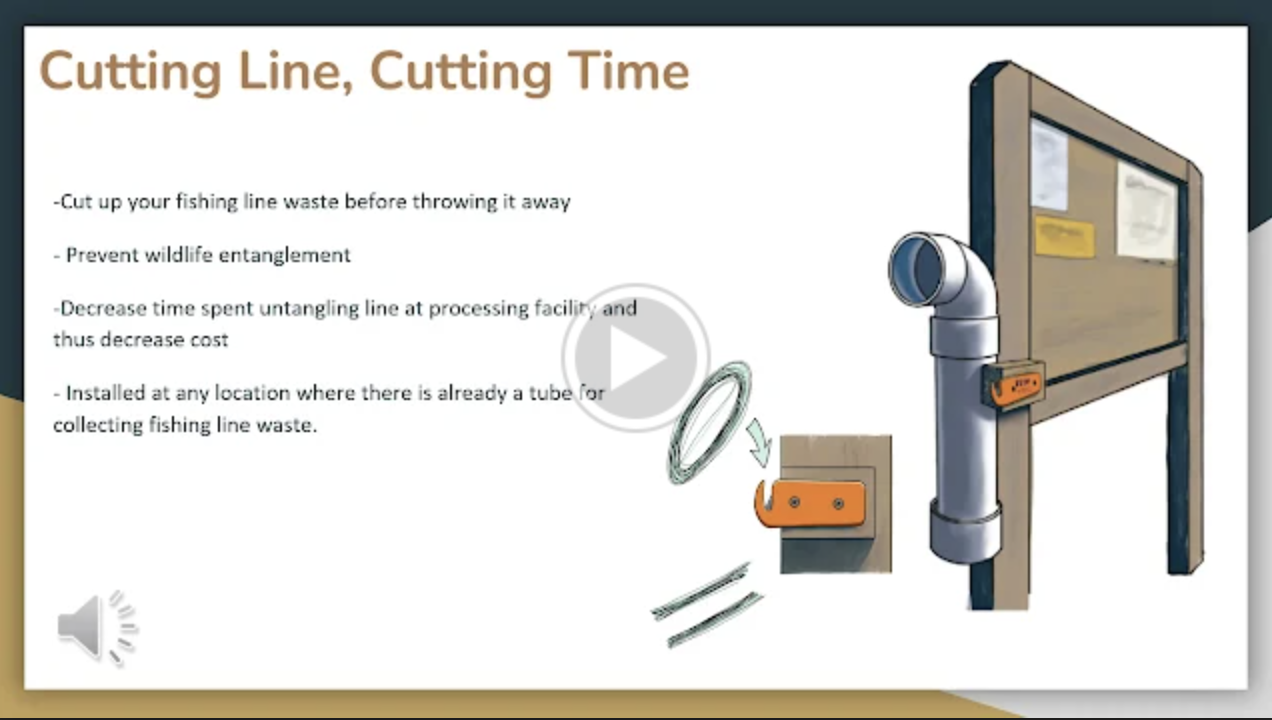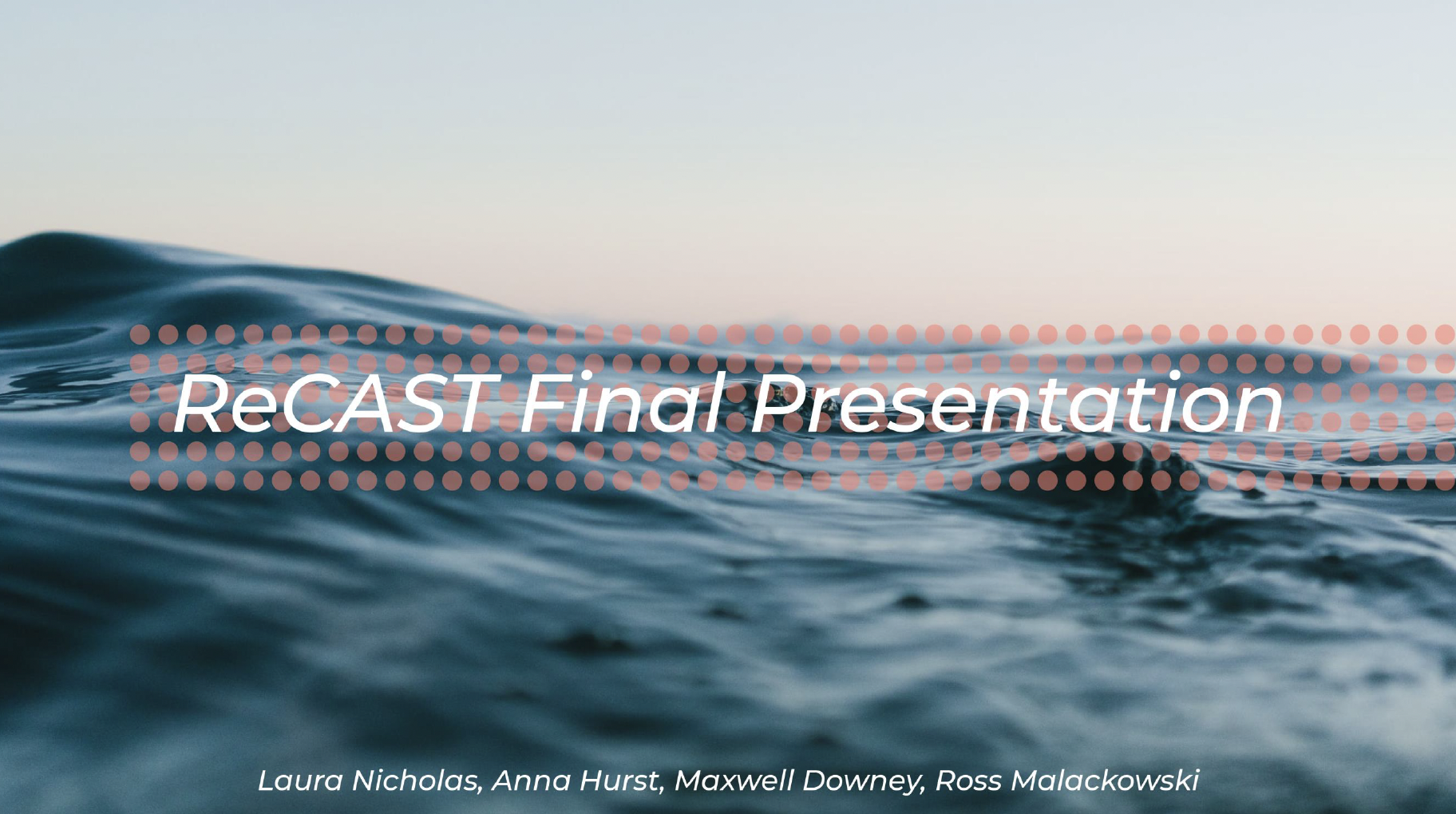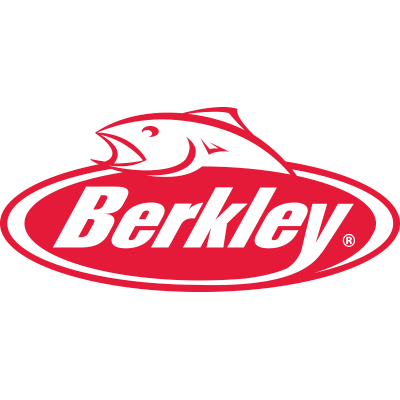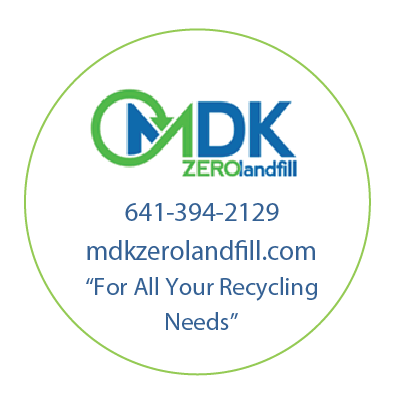Recast & Recycle Contest
Create a second life for recreational fishing gear for your chance at up to $15,000.

Giving recreational fishing gear a second life
After a yearlong search and over 120 submissions, the winners of the BoatUS Foundation Recast and Recycle Contest have been announced! Thanks to all our entrants and our panel of judges for reviewing some amazing submissions. Below are our top winners and several honorable mentions. We look forward to what’s next in recycling recreational fishing gear.
What is recreational fishing gear?
When we talk recreational fishing gear, we’re talking about fishing line and soft baits used by recreational anglers. Whether it’s monofilament line, braided line or soft baits – we want there to be a sustainable, large scale solution to keeping it out of our waters and our landfills.
Our Prizes

1st Place
$15,000

2nd Place
$10,000

3rd Place
$5,000
THE WINNERS!


Abigail Askew
Orange Park, Florida


Eric Vaughn
Plattsmouth, Nebraska
Honorable Mention:
Cash Daniels
Chattanooga, Tennessee

Anthony Cirillo
Voorhees, New Jersey

Robert Heinrich
Hermosa Beach, California

Dominique Barnes
Chattanooga, Tennessee

JUDGES
Chris Edmonston - President, BoatU.S. Foundation
Sarah Latshaw - Southeast Regional Coordinator, NOAA Marine Debris Program
Allen Luck - Social Media Manager, American Sportfish Association
Vivian Matuk - Environmental Boating Program Manager, California State Parks, California Coastal Commission
Hank Parker - Two-time Bassmaster classNameic Champion and Outdoor Television Host
Lenny Rudow - Contributing Editor to BoatU.S. Magazine and Angler in Chief of FishTalk Magazine
Mark Zona - Host of Zona’s Awesome Fishing Show and The Bassmasters
ABOUT THE CONTEST
What is the problem?
Fishing line and soft baits can end up in our waterways and entangle wildlife or be consumed by fish and other animals. Even when discarded properly, fishing line that makes it to the landfill can end up back in the environment from blowing away or being removed by birds and wildlife. Used and damaged soft baits end up in the landfill or, worse, in our environment if not properly disposed of. Fish can mistake the baits for food and consume them, causing digestion issues that can lead to death. Additionally, standard recycling facilities are not set up to recycle these products. Line and baits can persist in the environment for years, causing long term harm to wildlife.
What’s happening now?
Berkley is currently working with a recycler (MDK Zerolandfill) that sorts and removes contaminants in the used line and then melts it into pellets, which are used to make new products such as benches and toys. Currently, there is no large scale process to recycle used soft baits. These cannot be recycled with fishing line as they contaminate the process for the line. The line and baits can also be contaminated from being in the water, and can contain hooks, weights and other entanglements, which make them unsuitable for recycling. Contaminated line and baits are typically incinerated as a fuel source. We love that fishing line is being recycled but there is always a need for innovation and longer term plans. How can the process be improved?
What’s is the process?
Line collected at recycling bins across the country is cleaned of hooks, leaders, weights and trash by volunteers and then shipped to Berkley’s facility. The line is again cleaned of entanglements and trash and shipped to the recycler (MDK Zerolandfill). The recycler again checks that only fishing line is present and removes any remaining nets, hooks or trash. The sorting and cleaning is done by hand and is extremely labor-intensive. The line is then melted down and reformed into plastic pellets. The pellets are sold as raw material for new product production. While used soft baits are not currently collected and recycled on a large scale, many anglers melt down their baits and remold them for future use.
Let's take a little deeper look into the process.

Soft Bait Recycling:
There is no nationwide program for recycling soft baits. Some organizations accept them locally to melt down and recast into new lures.
We’re open to ideas on how to start a nationwide program, how to encourage local recycling, end products for reusing the materials or whatever you think might solve the problem of used soft baits.
Fishing Line Recycling
Step 1: Line is collected in bins through programs like BoatUS Foundation’s Reel In and Recycle program. Some places collect in cardboard boxes or other collection methods.
Pain points: Trash, hooks, weights and other items sometimes ends up in bins. These have to be removed by hand and can negatively impact the usefulness of the line for recycling. Soft baits sometimes end up in the bins and melt on the line. They leave a film that makes the line unusable for recycling and then can only be incinerated.
Step 2. Volunteers collect the line. They remove trash, hooks and any other debris. They box up the line and send it to Berkley’s facility in Iowa.
Pain points: Labor intensive for volunteers to clean the line. Time and cost of shipping line to facility.
Step 3: Line arrives at Berkley and is again cleaned of debris and then sent to recycling facility.
Pain points: Labor intensive for staff to remove debris items and repackage line for shipment to recycling facility
Step 4: Line is received at recycling facility. The line is washed, checked for debris again and evaluated if it can be used in recycled product or if it is too contaminated.
Pain points: Labor intensive for staff to clean and remove debris. Line that is contaminated cannot be recycled and must be incinerated. The lag time from when someone places line into the bin and when it reaches the recycling facility is long.
Step 5. Line is melted down into plastic pellets and then sold as raw material for manufacturing. Some items created are benches and toys. Line that is not suitable for reuse is incinerated and used as a fuel source.
Possible improvements: What other processes besides melting could be used? What else could be done with the contaminated line? What else could be made from this material? How? Are there new end products that will engage those who are using the fishing line and baits to encourage them to recycle?
Additional Resource Videos
Precious Plastic - create things from plastic
Recycling Soft Plastic Baits - Soft Plastic Lure Making
The BEST way to RECYCLE your used plastic baits! $$$ DIY
How can you solve it?
How can you make the process better? It could be tackling a single part of the process like sorting and cleaning the line, reengineering the entire process or coming up with a new end product for the recycled material. We want to hear all the ideas! There is no limit to the possibilities, but keep these things in mind:
Is it innovative?
Is it possible/practical?
Is the end product useful?
What's the impact of the idea?
Our Partners
Is your organization interested in partnering on this program? Contact us today!




